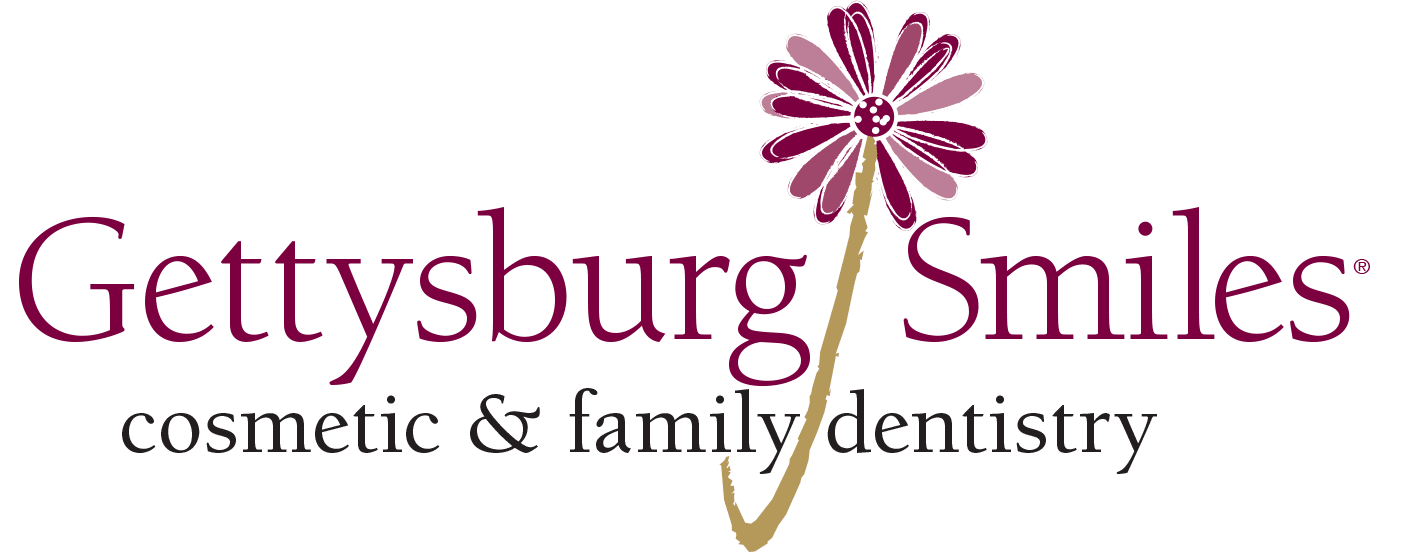Do you have sensitive gums? When you brush and floss your teeth, do you experience bleeding gums? You may be at risk of developing gum disease or periodontitis. Gum disease begins as gum inflammation or gingivitis, as harmful bacteria called plaque build up on the gum tissue. Routine dental care plays a key role in minimizing your risk for gum disease.
While we can easily reverse gingivitis, treating gum disease in later stages can be more difficult. Dr. Rita Tempel offers screening for gum disease and periodontal therapy treatment in Gettysburg, PA, to prevent the spread of infection and restore the smile.


Signs of Gum Disease
There are many symptoms of gum disease:
- Bleeding gums
- Gum pain and sensitivity
- Red or purple gums
- Bad breath (halitosis)
- Gum recession
- Loose teeth
- Pain biting and chewing
Please contact us if you have noticed any of these symptoms. It is important to receive prompt care before symptoms like bleeding gums turn into gum recession. Patients can experience bleeding, irritation, and red gums in the early stages of gum disease. Later on, patients can experience tooth loss.
Prevent and Treat Gum Disease in Gettysburg, PA
A good oral hygiene routine can prevent gingivitis or gum inflammation. Continue your oral hygiene routine if your teeth bleed when you brush and floss. Floss before you brush to remove debris from between teeth. Then, gently brush using a soft-bristled toothbrush. Brush twice a day for two minutes each time.
At routine dental visits, we offer dental cleanings to remove bacteria from the teeth and gums. Scaling and root planing are more thorough cleanings that can help reverse the early stages of gum disease. During scaling treatment, we remove plaque and tartar from the gum tissue. Root planing smooths the tooth roots to help them attach to the gum tissue.
We will refer patients to an oral surgeon if they experience problems like gum recession. Oral surgeons can remove infected gum tissue and provide grafting services to promote healthy regrowth.
Periodontal Disease Treatment FAQs
While gum disease is a common condition, it should not be taken lightly. Read the answers to these commonly asked questions to learn more.
Can gum disease be reversed?
Gingivitis, the early stage of gum disease, can often be reversed with proper oral hygiene and professional cleanings. Regular brushing, flossing, and dental visits are key. However, advanced stages like periodontitis require more intensive treatment to manage but cannot be fully reversed.
Is gum disease treatment painful?
Gum disease treatments like scaling and root planing may cause mild discomfort, but local anesthesia is typically used to numb the area. After treatment, some sensitivity or soreness may occur, but it usually subsides within a few days. Over-the-counter pain relievers can help manage any discomfort.
How long does it take to treat gum disease?
The duration of treatment varies based on the severity of the gum disease. Gingivitis may be treated in a single cleaning, while advanced periodontitis may require multiple deep-cleaning sessions or surgical interventions. Ongoing maintenance through regular dental visits is essential to prevent recurrence.
Can gum disease cause bad breath?
Yes, gum disease is a common cause of persistent bad breath (halitosis). The buildup of bacteria in the gums produces foul-smelling compounds. Treating gum disease through professional cleanings and good oral hygiene can significantly reduce bad breath.
What are the risks of untreated gum disease?
Untreated gum disease can lead to tooth loss, gum recession, and bone deterioration. It is also linked to systemic health issues like heart disease, diabetes, and stroke. Early detection and treatment are crucial to preventing these serious complications.
Can gum disease affect overall health?
Yes, gum disease is linked to several systemic health issues, including heart disease, diabetes, and respiratory problems. The inflammation caused by gum disease can contribute to these conditions, making regular treatment and maintenance vital for overall health.
Restore Your Gum Health
If you have any changes in your gum health, please contact our office at (717) 853-1552. You can also request a dental appointment on our website.
